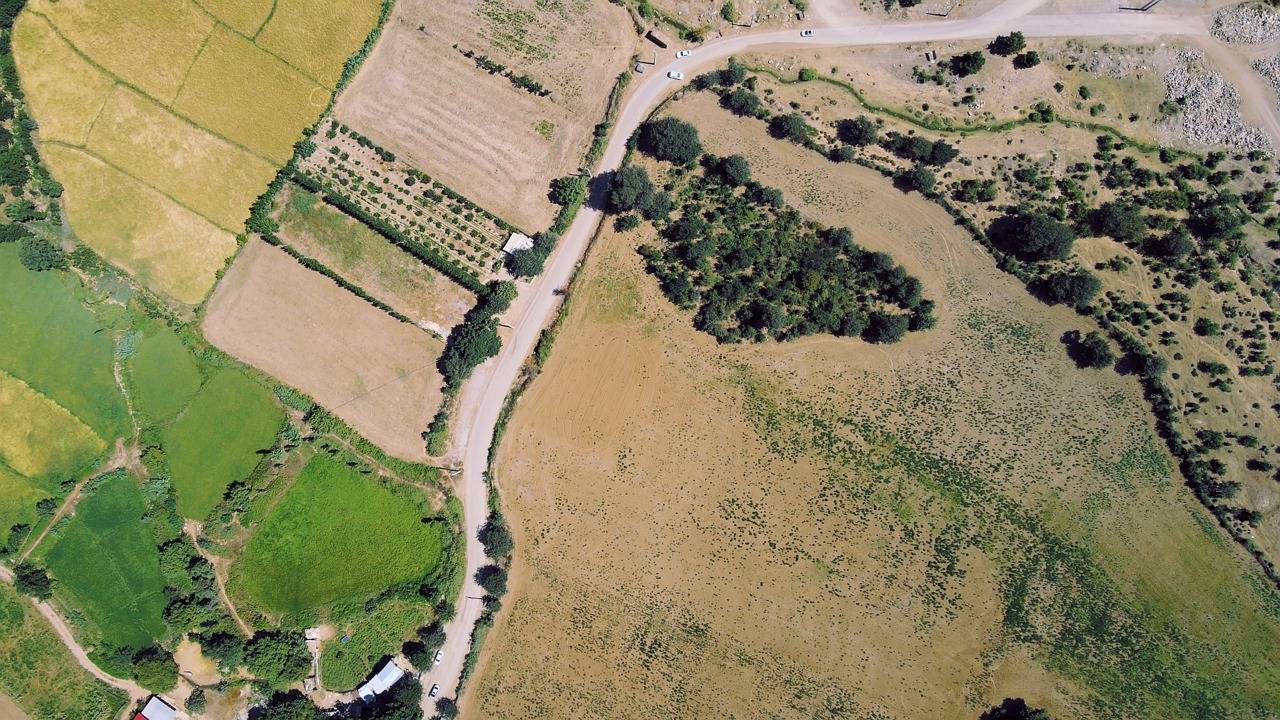The Telangana government is preparing to initiate a forensic audit of land records across several districts, with the process set to begin following an agreement between Telangana Technology Services Limited (TGTS) and a Kerala-based security audit agency. Officials said the memorandum of understanding (MoU) will be signed within a week.
The audit follows the state government’s decision, taken a month ago, to scrutinize suspicious land transactions that have been recorded in recent years. Sources in the revenue department confirmed that the terms of the agreement have been cleared by the law department, paving the way for the exercise to begin.
According to officials, the first phase of the audit will cover transactions in Rangareddy, Medchal-Malkajgiri, Hyderabad, Sangareddy, Yadadri-Bhuvanagiri, Sircilla and Siddipet districts. These districts were chosen because of the large number of high-value transactions and complaints regarding irregularities. Depending on the findings, the audit could later be expanded to other districts of Telangana.
The move is directly linked to concerns about the functioning of the Dharani portal, launched in September 2020 during the BRS government’s tenure. The portal was designed to consolidate land records and enable online transactions, but several complaints were raised about alleged misuse. Transactions taking place at unusual hours, including late at night, and reports that some entries originated from outside India, prompted the government to order a deeper probe.
Chief minister A Revanth Reddy and revenue minister Ponguleti Srinivas Reddy had earlier stated in the assembly that a forensic audit was necessary to restore credibility and protect landowners. They said the audit would focus on whether the integrity of the records was compromised, whether there had been tampering, and whether prohibited or government-owned lands had been transferred illegally.
A senior official explained that the Kerala-based agency will be given access to three sets of data: records of government and prohibited land parcels before 2014, data recorded after the Dharani portal was launched in 2020, and the current status of these lands. By comparing the three, the agency is expected to prepare a report within three months.
The agency will also be tasked with verifying the authenticity of the transactions, the location of servers, and the timing of the entries. Officials said that if tampering is detected, the report will indicate where, when and how it occurred.
Sources added that the forensic examination may rely on digital footprint analysis and could potentially explore blockchain-based verification, though it is not yet confirmed whether blockchain will be used. A digital footprint, also called a digital dossier, consists of all activity linked to a user’s identity, including IP addresses, login details and transaction history. Such data trails, officials said, can reveal whether unauthorized access occurred or if transactions were executed from outside the country.
The audit is expected to have wide implications for land ownership disputes in Telangana. Large tracts of land in Rangareddy, Medchal and Hyderabad are under litigation, and several cases involve overlapping claims of ownership. Officials said that by establishing a verifiable digital trail, the audit could help courts and government agencies decide disputes more effectively.
While the government has described the audit as a corrective step, some stakeholders in the real estate sector believe it could slow down transactions in the short term. Developers and buyers may hold back until the audit clarifies the status of key parcels. However, senior officials argue that once the exercise is complete, it will help restore confidence in the land records system.
The Telangana government had first announced its intention to order a forensic audit in December last year. Since then, revenue and IT officials have been working on identifying a suitable audit partner. With the MoU scheduled to be signed shortly, officials said the process is now ready to move to the implementation stage.
The final report from the agency, expected within three months of commencement, will be submitted to the state cabinet. Based on its findings, the government is likely to initiate corrective action, which may include cancellation of irregular transactions, disciplinary action against those found responsible, and strengthening of safeguards in the Dharani portal.
Officials stressed that the ultimate goal of the exercise is to ensure transparency and accountability in Telangana’s land management system. They said the audit will not only address past irregularities but also help design systems that prevent such issues in the future.









.png)